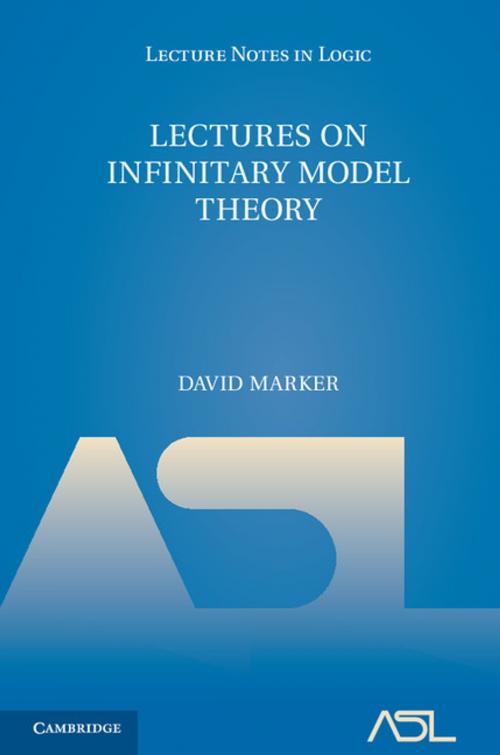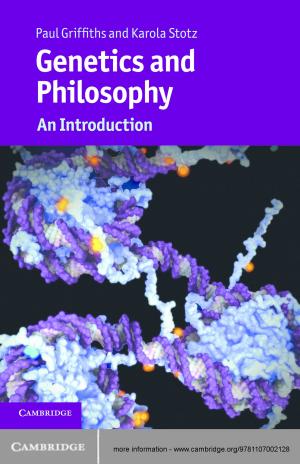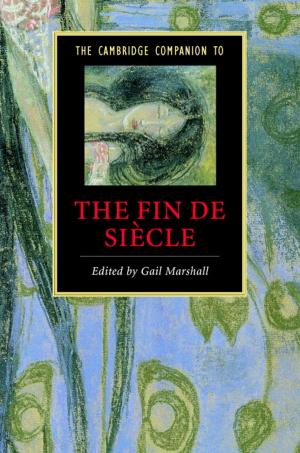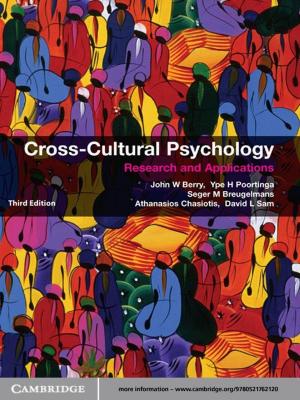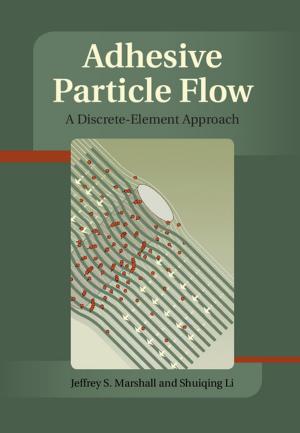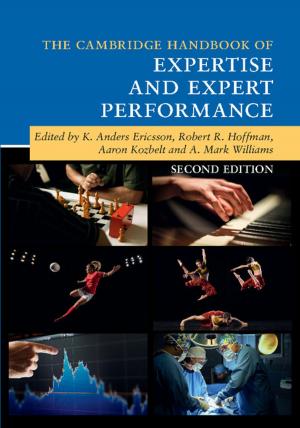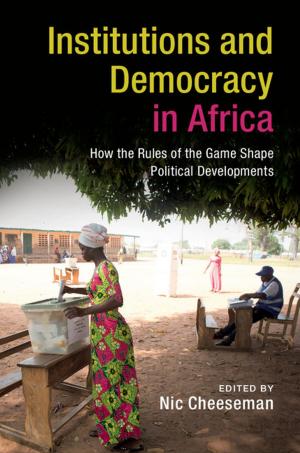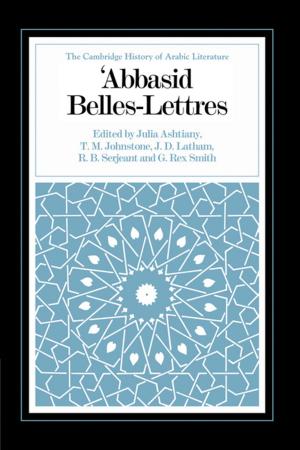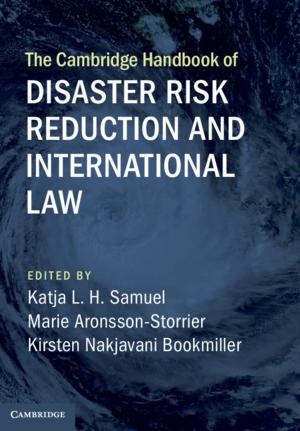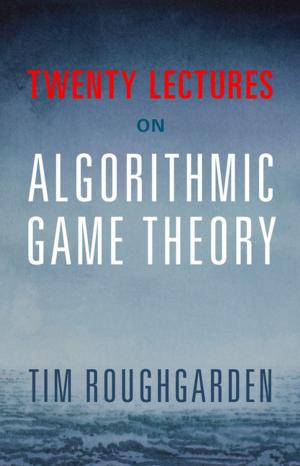| Author: | David Marker | ISBN: | 9781316856949 |
| Publisher: | Cambridge University Press | Publication: | October 27, 2016 |
| Imprint: | Cambridge University Press | Language: | English |
| Author: | David Marker |
| ISBN: | 9781316856949 |
| Publisher: | Cambridge University Press |
| Publication: | October 27, 2016 |
| Imprint: | Cambridge University Press |
| Language: | English |
Infinitary logic, the logic of languages with infinitely long conjunctions, plays an important role in model theory, recursion theory and descriptive set theory. This book is the first modern introduction to the subject in forty years, and will bring students and researchers in all areas of mathematical logic up to the threshold of modern research. The classical topics of back-and-forth systems, model existence techniques, indiscernibles and end extensions are covered before more modern topics are surveyed. Zilber's categoricity theorem for quasiminimal excellent classes is proved and an application is given to covers of multiplicative groups. Infinitary methods are also used to study uncountable models of counterexamples to Vaught's conjecture, and effective aspects of infinitary model theory are reviewed, including an introduction to Montalbán's recent work on spectra of Vaught counterexamples. Self-contained introductions to effective descriptive set theory and hyperarithmetic theory are provided, as is an appendix on admissible model theory.
Infinitary logic, the logic of languages with infinitely long conjunctions, plays an important role in model theory, recursion theory and descriptive set theory. This book is the first modern introduction to the subject in forty years, and will bring students and researchers in all areas of mathematical logic up to the threshold of modern research. The classical topics of back-and-forth systems, model existence techniques, indiscernibles and end extensions are covered before more modern topics are surveyed. Zilber's categoricity theorem for quasiminimal excellent classes is proved and an application is given to covers of multiplicative groups. Infinitary methods are also used to study uncountable models of counterexamples to Vaught's conjecture, and effective aspects of infinitary model theory are reviewed, including an introduction to Montalbán's recent work on spectra of Vaught counterexamples. Self-contained introductions to effective descriptive set theory and hyperarithmetic theory are provided, as is an appendix on admissible model theory.
